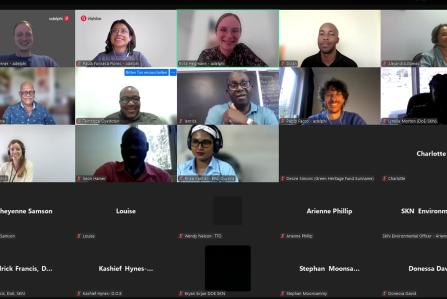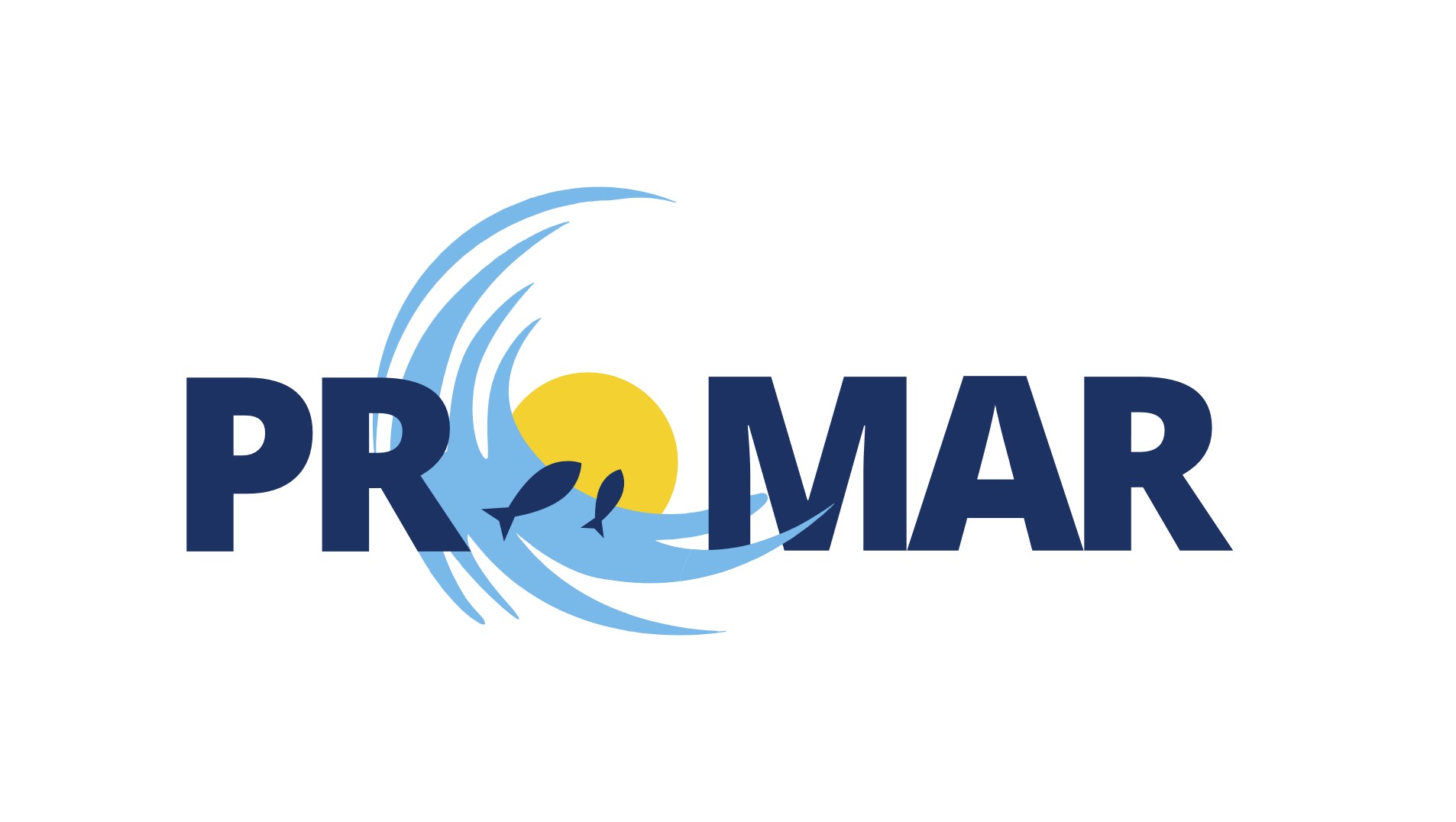
PROMAR’s training session on Material Flow Analysis (MFA) and Beach Sampling Methodologies provided participants with essential skills for environmental research and plastic pollution mitigation. The session began with an introduction to the facilitators and an overview of the topics.
Participants understood the methodology for selecting demonstration sites, a key component in establishing baselines for environmental monitoring. The training focused on the fundamentals of MFA, including the use of the Waste Flow Diagrams by the GIZ, alongside beach sampling techniques for tracking plastic pollution. A comparison of both approaches helped clarify when and why each method is most effective. This was followed by a detailed look at case studies from PROMAR Phase I and the PROMISE project, showcasing practical applications of these methodologies. The session concluded with a feedback discussion, offering participants the chance to reflect on what they had learned and discuss future directions for applying these techniques in their own projects. The interactive Q&A and feedback segments throughout the training ensured participants gained a thorough understanding of the methodologies, empowering them with actionable insights for real-world application.
Material Flow Analysis (MFA) Tools📊: MFA tools, such as waste flow diagrams, are valuable for understanding and addressing plastic pollution sources and movement within ecosystems.
Beach Sampling for Monitoring🌍: In the Costa Rica case study, several sites were assessed before selecting one to establish a baseline of plastic pollution, enabling monitoring for improvements post-MFA application.
Role of the Informal Sector🤝: The informal sector plays a significant role in waste management, and its involvement is essential for effective, community-driven environmental solutions.
Knowledge Sharing & Feedback💬: Interactive Q&A and feedback sessions ensured that participants left with a clear understanding and a sense of direction for applying these methodologies in their projects.
supporting them to tackle plastic pollution with data-driven approaches that can be tailored to their
specific locations and goals.
✓ Actionable Plans: Partners are prepared to plan site-specific monitoring and apply these
methodologies in their respective projects to create measurable impact.
